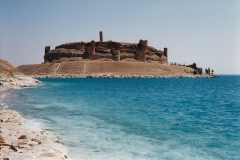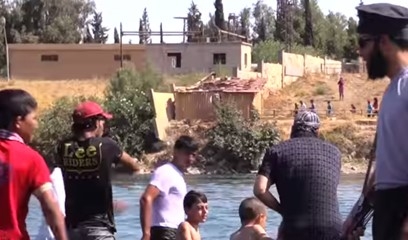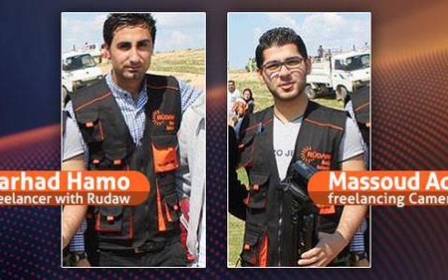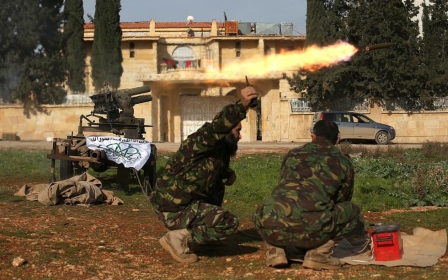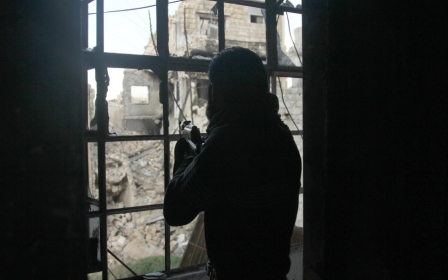Google Maps renames 'Lake Assad' in Syria 'Revolution Lake'
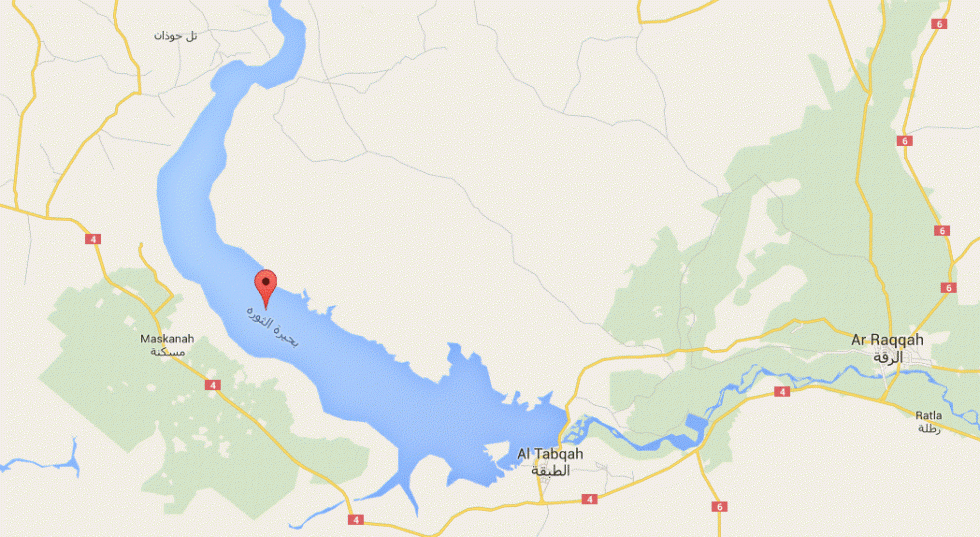
“Lake Assad,” a man-made body of water in northern Syria, has been renamed “Revolution Lake” on Google Maps.
The lake in northern Syria was completed in 1974 under the rule of Hafez al-Assad, father of current President Bashar al-Assad.
The lake covers 610 square kilometres, and supplies most of the drinking water to the key city of Aleppo via a pipeline.
The lake lies some 40 kilometres east of the city of Raqqa – it was previously the only provincial capital to be fully wrested from government control during the almost four-year long civil war between embattled President Assad and various rebel groups.
However, Raqqa was quickly overrun by militants from Islamic State, who now use the city as their capital in Syria.
Raqqa is Being Silently Slaughtered, an activist group that documents abuses and massacres inside the Islamic State base, thanked Google for renaming the lake, a move hailed by other opposition supporters as “symbolic.”
‘Water wars’
This is not the first time that the lake and the hydroelectric dam that created it have played a role in Syria’s war.
In February 2013, rebels claimed to have taken control of Tabqa Dam, which ordinarily produces approximately 150 megawatts of electricity.
Analysts speculated that the seizure of Tabqa Dam could be a major win for the rebels, who would have control over a significant energy source.
Forces supportive of Assad have consistently squeezed rebel-held areas by cutting off electricity, in an attempt to turn the population against the insurgency.
However, some six months later, President Bashar al-Assad shelled the rebel-held dam, built by his father decades earlier.
Since July 2014, residents of Aleppo and Raqqa city are now forced to draw water from potentially contaminated and unreliable sources, since a six-metre drop in the water levels of Lake Assad/Revolution Lake.
A member of the Syrian opposition coalition with knowledge of the dam told al-Jazeera that the drop was caused by Islamic State engineers over-exerting the Tabqa Dam, reportedly working it 24 hours a day.
Nouar Shamout, a researcher at UK-based think tank Chatham House, explained that, with Raqqa under Islamic State, the waters of Lake Assad/Revolution Lake were being used as a tool to “escalate fatalities and migration rates.”
The water war is not confined to a conflict between pro-government forces and Islamic State militants.
On Tuesday, the Syrian government released 60 prisoners after being threatened by the Omar Brigade, one of an estimated 1,000 militant groups fighting Assad’s forces in Syria, Lebanese news site Now Media reported.
The group had warned that they would cut off water and electricity supplies to government-held areas in the north-western province of Hama unless the prisoners were freed.
In 2003, Syrian documentary maker Omar Amiralay went to the lake to speak to people whose homes had been destroyed by the flooding of the area.
Amiralay's first film, made in 1970, was titled "Film Essay on the Euphrates Dam," in which he praised the ruling Ba'ath party of the Assad family for their innovation and progressive development, represented in the dam's construction.
However, subsequent films were more critical of the lack of economic development in the area, and of the tactics used by the party to shore up support among families living around the dam.
New MEE newsletter: Jerusalem Dispatch
Sign up to get the latest insights and analysis on Israel-Palestine, alongside Turkey Unpacked and other MEE newsletters
Middle East Eye delivers independent and unrivalled coverage and analysis of the Middle East, North Africa and beyond. To learn more about republishing this content and the associated fees, please fill out this form. More about MEE can be found here.


